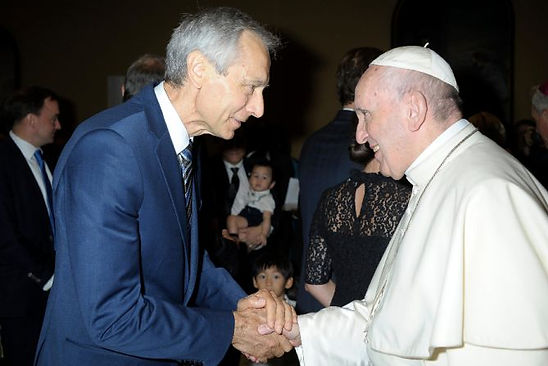Tag: EU religious freedom
-
Ján Figeľ: ‘It’s a pity there is no EU religious freedom envoy anymore’
Ján Figeľ, special envoy for the promotion of freedom of religion outside the EU from 2016 to 2019, meets Pope Francis in 2018./ Vatican Media/Ján Figeľ personal archive. Bratislava, Slovakia, Sep 10, 2021 / 04:15 am On the eve of Pope Francis’ visit to Slovakia, the country appointed Anna Záborská, a former member of the
-
Europe must be built on responsible freedom, EU religious freedom envoy says
Credit: European People’s Party via Flickr CC BY 2.0 Vatican City, Nov 16, 2017 / 09:00 pm (CNA/EWTN News).- The European Union’s special envoy for religious freedom has called for “responsible freedom,” in the wake of the Vatican-based (Re)Thinking Europe conference, held Oct. 27 – 29 in the Vatican. In an interview with CNA, EU


